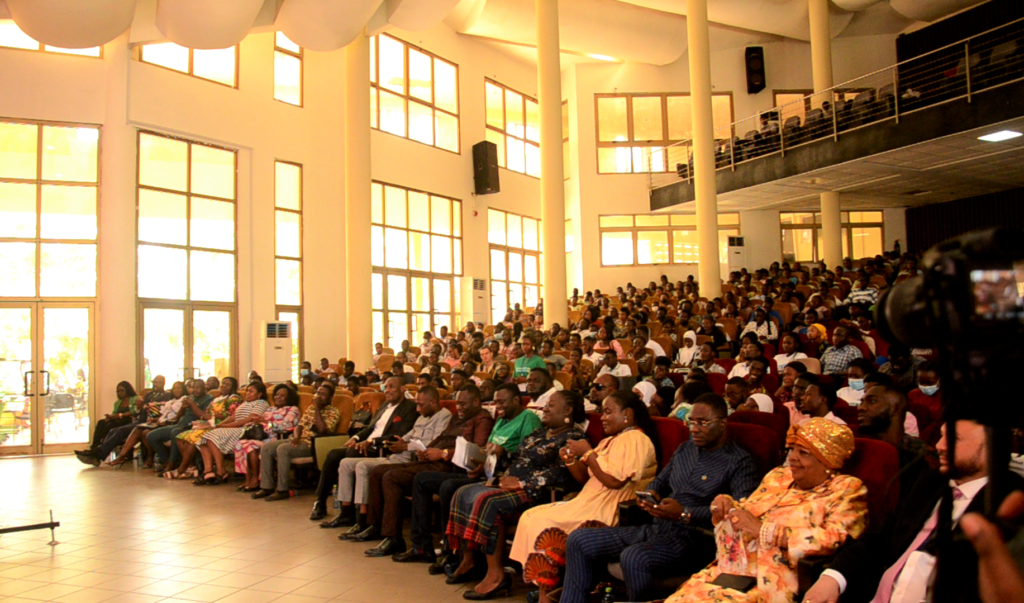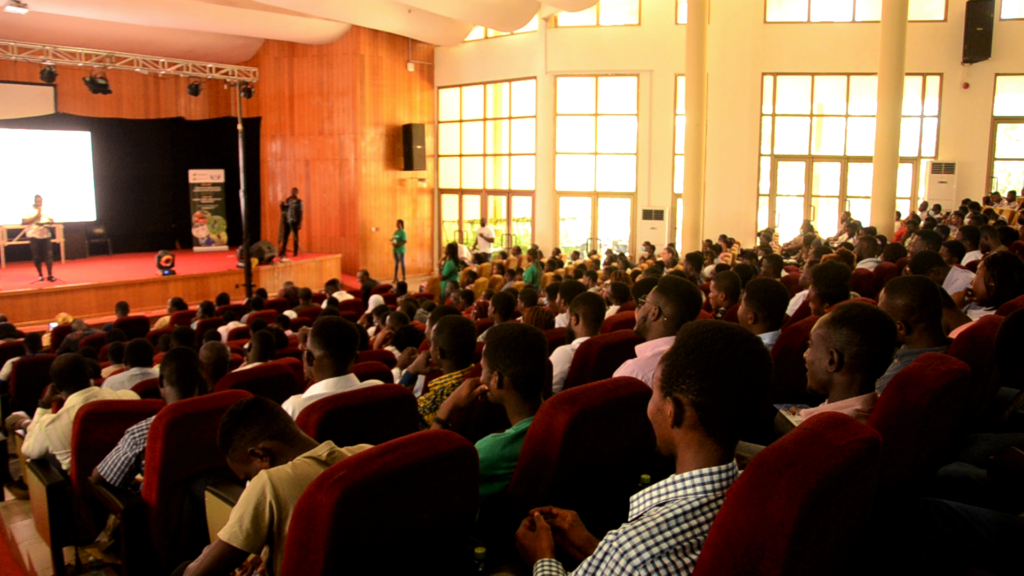Reforming Traditional Farming Will Make Sector Attractive To Youth – John Kumah
Deputy Minister of Finance, John Kumah, says Ghana’s high food importation can be reduced if the agricultural sector is made attractive to the youth.
He acknowledged the need to reform traditional farming systems to save the country the two billion dollars spent on food importation every year.
He spoke at the maiden edition of the Ghana Youth Agriculture Summit held in Kumasi.
The traditional system of farming, according to John Kumah, is one of the problems hindering the youth to venture into agriculture.
He said Parliament has approved a facility of 25 million dollars for Ghana to set up a tractor assembling plant and manufacturing fabrication of agricultural implements.
The facility will be established at Ejisu in the Ashanti region. The Deputy Finance Minister believes effective farm mechanization will improve the sector and create more job opportunities.
“Even though we have the best lands compared to Europe countries, we’re not able to take advantage of the commercial benefit of agriculture. It is only when we’re able to translate the opportunity or resources that we have into commercial-scale that agriculture will be attractive to the youth. We budget 2 billion dollars on food importation into Ghana every year.
Currently two million youth are looking for employment. Ghana has the labour, demand and land but there’s a disconnect. As a country, we cannot continue to do agriculture with cutlass and hoe. No youth will be interested in the traditional system of farming,” he noted.
The Ghana Youth Agriculture Summit, organized by Agriwealth Ghana Foundation, is aimed at sensitizing the Ghanaian youth on the enormous potential the agricultural sector holds.
CEO of Agriwealth Ghana Foundation, Pastor Evans Kyere-Mensah, says the agriculture value-chain holds potential for sustainable youth employment.
“My vision is to mobilize between five hundred and one million youth across Ghana for the next three to five years towards agricultural entrepreneurship and agro value chain system”
The program was organized in collaboration with the National Entrepreneurship Innovation Programme (NEIP) under the theme “Agriculture- A Solution to Youth Unemployment and Driver for Economic Development”.
Chief Executive of NEIP, Kofi Ofosu Nkansah, promised to support the youth to venture into commercial farming.

“There’s a two billion gap to close regarding import substitution for food crops alone and the youth have to take advantage, to fill this gap to ensure that we strengthen our cedi and make agriculture attractive for generations unborn,” he said.
Meanwhile, the Coordinator of the National Alternative Employment and Livelihood Programme, Dr Louise Carol Serwaa Donkor, has committed to supporting responsible small-scale farming.
“One of the areas we want to focus on is reclaiming degraded lands in mining communities and we will ensure that small scale mining is performed responsibly

National Entrepreneurship Innovation Programme (NEIP), is here to provide alternative employment and livelihood to miners who have been impacted by the sector sensitization.
The government is not against mining but the unsustainable way we mine,” she added.

